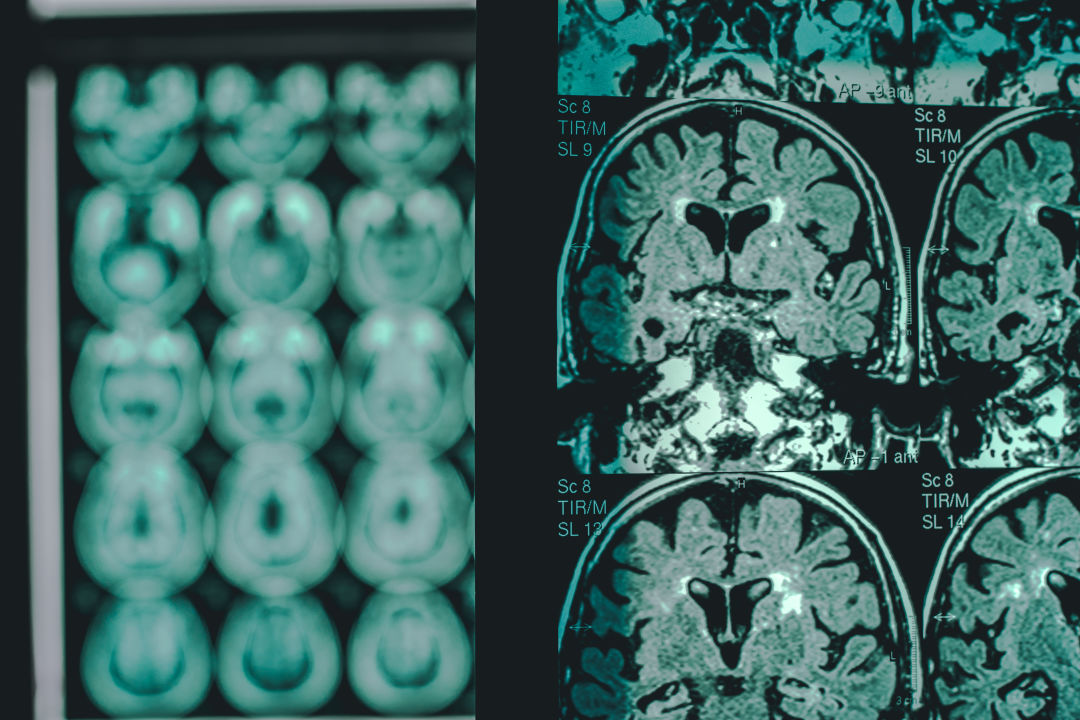November Is National Alzheimer’s Awareness Month

Alzheimer's Disease as shown on a MRI.
This year’s National Alzheimer’s Awareness Month began with hopeful news that was then quickly dashed. On Nov. 4, Sarasota's Roskamp Institute announced that it had already begun negotiations to acquire a new drug that had just received a glowing FDA review. The drug, Aducanumab, by Cambridge, Massachusetts’ Biogen company, seemed on the brink of FDA approval.
But two days later, a separate FDA committee reversed the organization’s findings.
“The FDA was very positive about what they thought this drug could offer. Then an expert panel said pretty much the opposite,” explains Roskamp executive director Dr. Michael Mullan. “That’s been a great disappointment. It’s part of a large pattern of difficulties in finding drugs for Alzheimer’s. It’s really heartbreaking for the families.”
The Roskamp Institute remains a major player in Alzheimer’s research, in part because the institute comprises both science labs and pharmaceutical development. “We take what we find from the laboratory into the clinic. That’s what’s unusual about us,” says Mullan. “I think what happens in a lot of drug development is that you have scientists working on the drug over here, and then you have physicians treating it over there. And there just isn’t enough communication between the two. I’ve always pushed for having the clinic at the institute right next to the labs, so there’s always this interaction. That’s invaluable for us.”
It’s been 30 years since Mullan and Roskamp president and CEO Dr. Fiona Crawford were part of the team that discovered the causal connection between Alzheimer’s and amyloid proteins. Since then, many drug developers have been trying to find a treatment that can “knock down amyloid,” says Mullan. “Aducanumab really looked like it was going to be the first one that was going to be approved. But now it doesn’t seem like that’s going to happen.”
The FDA’s change of opinion stems in part from the two major trials focused on the drug; one trial seemed to be demonstrating its effectiveness, but the other was not.
“The drug is not without risk. There are side effects,” says Mullan.
Despite the setback, he remains optimistic, especially because of the work being done right here in town.
Alzheimer’s is caused by three basic conditions in the brain: amyloid plaque; neurofibrillary “tangles” caused by another protein called tau; and inflammation. The Roskamp Institute has already identified a drug, Nilvadipine, that addresses both tangles and inflammation. European trials of that drug showed a 50 percent reduction in the rate of decline in people with very early stage Alzheimer’s.
“Now we are building on that program,” says Mullan. “We’re designing drugs based on that drug that we trialed in Europe, and we’re looking to make them more effective and more potent.” These new drugs could be available in Sarasota as soon as three years from now. And other institutes all around the world continue to produce other potentially effective treatments, too.
“There are lots and lots of other drugs being tested. Typically we’re doing at least 10 trials at any one time,” says Mullan. “I’m actually very hopeful.”



